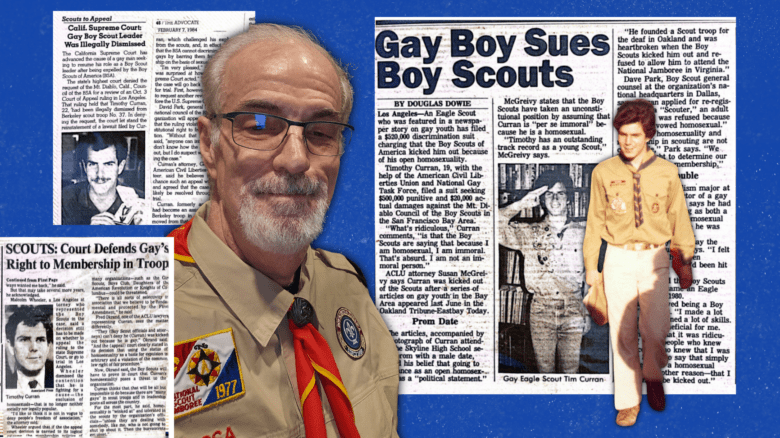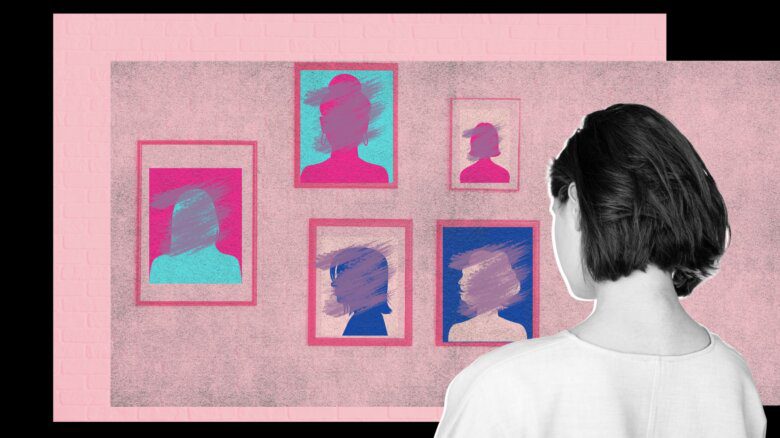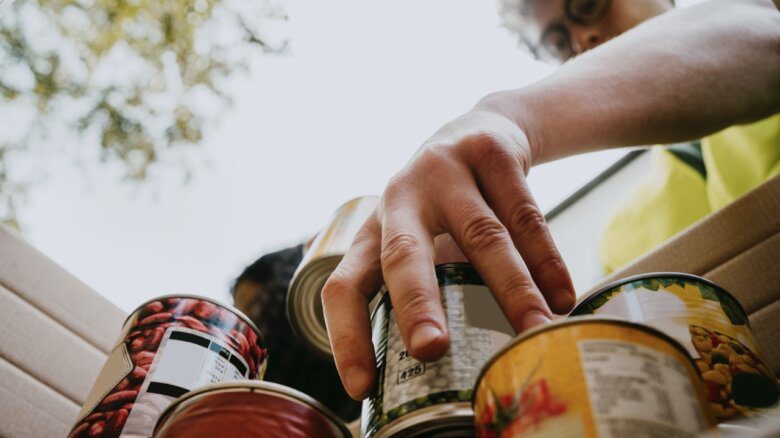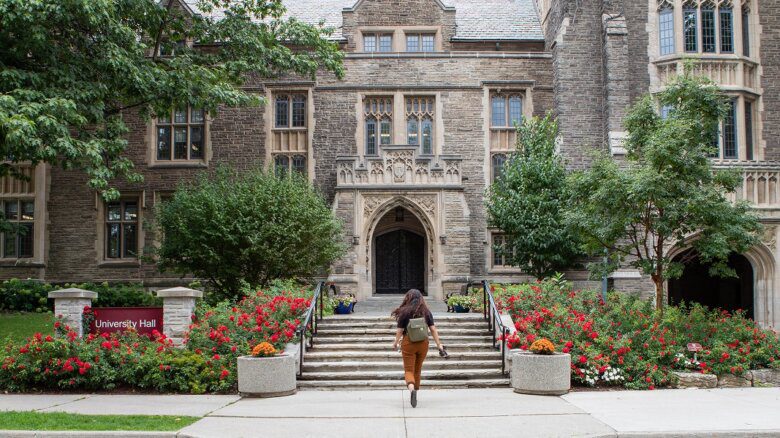Like every other queer community in the continent under a tense fight for human rights, the LGBTQ+ community in Ghana has been striving for better treatment for years. Last year in particular was a difficult one: the community faced myriad tragic events that not only endangered their lives and well-being but broke the hearts of other queer communities around the continent.
On Feb. 24, 2021, the office of community centre LGBT Rights Ghana was raided by police, mere weeks after the centre’s opening ceremony was attended by a delegation from the European Union and other foreign embassies.
On May 20, 21 gay rights activists were arrested by the police on charges of unlawful assembly, which led to their detention and bail denial after a court hearing. Many turned to Twitter to call for the activists’ release, starting the trending hashtag #releasethe21; it took a month before good news came about their release.
In June, opposition lawmakers submitted an anti-LGBTQ+ bill that threatens the lives and civil rights of queer citizens. The bill, titled the Promotion of Proper Human Sexual Rights and Ghanaian Family Values 2021, would not only punish queer people who are caught in any sexual activity with several years of imprisonment but would also seek to imprison anyone who so much as identifies as LGBTQ+ and/or non-binary for five years. Even worse, the bill, which is highly supported by religious leaders, would promote “conversion therapy”—a practice described by the United Nations as torture. (Same-sex behaviour has been criminalized in Ghana since the 1960s.)
With the bill still on the floor, the Ghanaian LGBTQ+ community has united, ready to fight. Even amid their fear for the future, hope remains. To learn how they’re keeping their spirits up and preparing to battle for their rights, Xtra spoke with five queer Ghanaians about their hopes for 2022, the anti-LGBTQ+ bill and where they’re finding safety.
Emmanuel Tetley
22-year-old student architect from Accra
On the anti-LGBTQ+ bill
Dead on the inside—that’s how it makes me feel. Why wake up one day and draw a horrendous bill on how you think people should live their lives in the faulted lens of the leaders and inconsiderate straights and homophobes? What threat do we pose? All because I love who I love, I’ll be put to death or punished for years. We as a community are already being asphyxiated in the African setting. No one heeds to wisdom, good teaching and historical facts that cannot be downplayed. All they think of is how we have sex. It tells us how superficially minded our leaders are, adverse to change and reason even though the truth lies bare, right under their noses.
On hopes for 2022 as a queer person living in Ghana
My biggest hope is that we live freely; to no longer cower in fear and respect each other’s spaces, decisions and life choices, regardless of sexual labels. Another is to feel safe and secure in our very own skin. We are dealing with a lot already and this bill poses a deadly threat on our lives. We need better. We need the good life that’s being snatched from us. It’s a lot to take in, because I, for one, am very tired with what I’ve been through; but I’m doing my best to flourish. That’s what life should aim at—not frivolous sexual scares on a completely harmless community, drawn by mentally malnourished individuals and myopic sighted individuals who hail themselves as leaders.
“All because I love who I love, I’ll be put to death or punished for years.”
On their safe space
Truth is, my best friend and partner are my only safe spaces. Aside from them, there are none. I find myself in groups and all, but there’s actually zero safety now, nowhere, because we’re thronged by people who will rat us out without hesitating when lured by money. We know of no one’s clear intentions, yet we walk among them, thinking we’re safe. Even at home, there’s none. Honestly, if there were safe spaces, we wouldn’t have mentally depressed individuals with suicidal thoughts everywhere. Even in my own skin, it’s not safe.
Abdul-Wadud Mohammed
30-year-old social worker from Accra
On the anti-LGBTQ+ bill
As a queer rights activist, it is evident what this bill makes me feel: anger! I feel angry about it.
On hopes for 2022 as a queer person living in Ghana
I hope we are able to change the negative narratives of the LGBTQ+ community in Ghana, or at least Ghana becomes a bit safer to advocate for the community.
On their safe space
I’m lately seeking solace in my best friends. I have two besties—a cisgender gay man and a cisgender bisexual woman. They are my first good-to-go for safety.
Edem Robby Abbeyquaye
26-year-old documentary filmmaker and photographer from Accra
On the anti-LGBTQ+ bill
I have a lot of emotions. I think that queer people are being sacrificed to distract Ghanaians from holding people in government accountable. I was really hoping Ghanaians would see through it, but here we are. Sometimes I’m scared because I’m convinced the bill will pass. I was at the last public hearing to document the hearing through photography, and so I was in the auditorium; I saw all of the things that transpired. I also heard the language and posturing of the committee members. It made me conclude that it will pass, at least the legislature. But I think it will be modified to target only people who identify as queer in Ghana. Service providers may be exempted. All of the discussions around the bill triggered my depression and anxiety. I had a really bad episode not so long ago which forced me to commit to therapy for the very first time in my life.
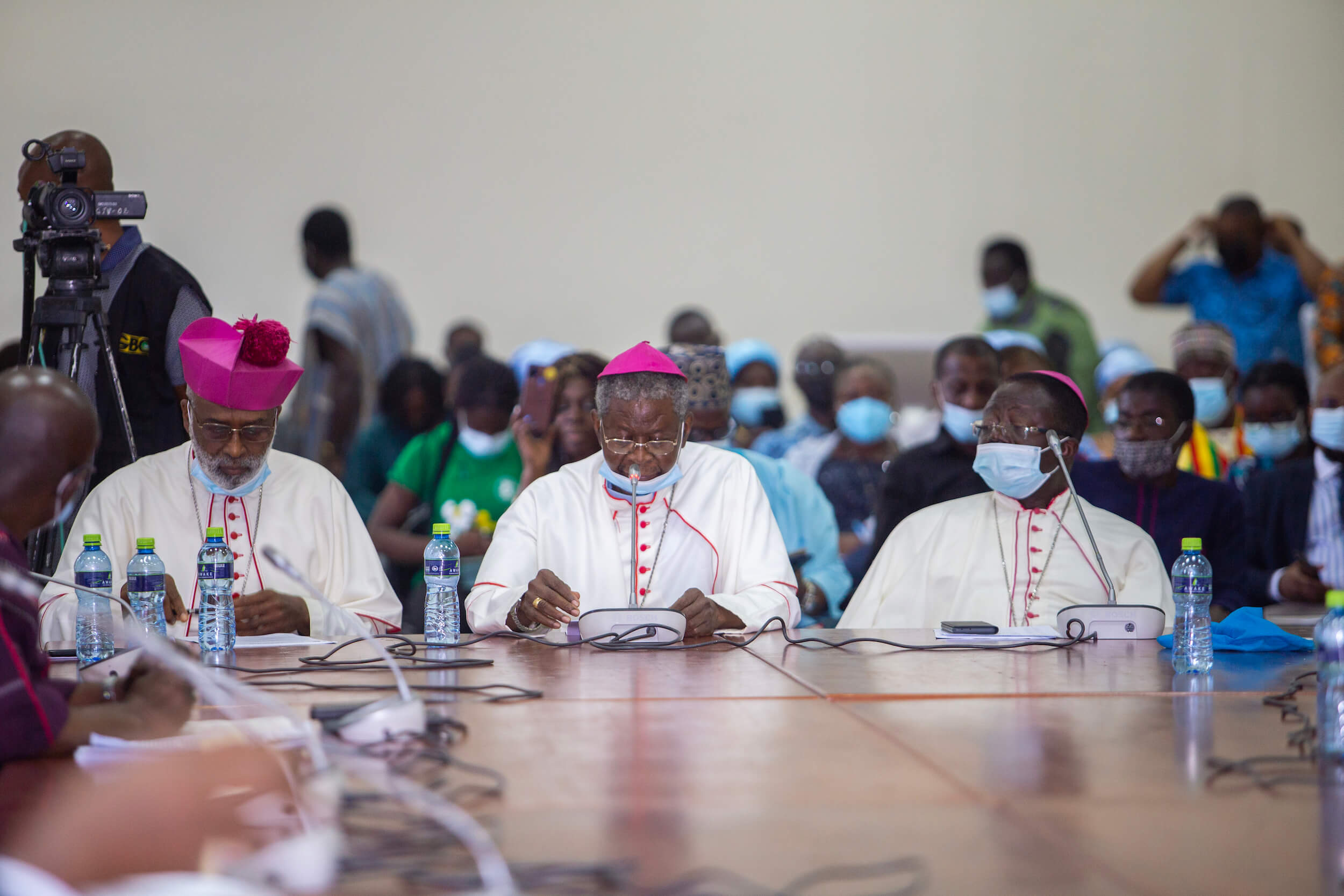
Credit: Edem Robby Abbeyquaye
On hopes for 2022 as a queer person living in Ghana
I am extremely grateful to the 18-plus persons in academia, law, etc., who have spoken out against the bill. It sort of calms me every time I remember that there are such people on our side.
On their safe space
Honestly… I do not know about any community safe spaces that are on standby. However, in recent times, as attacks on queer people and others perceived to be queer increase, as activists, we try to find and relocate them.
Owuraku Dennis Kwaku Frimpong, Agyemang
Co-director of queer organization Drama Queens, from Accra
On the anti-LGBTQ+ bill
I think for most people, myself included, it was so scary when the anti-LGBTQ+ bill was introduced. I couldn’t believe that a country with values like Ghana would go as far as proposing a bill that criminalizes the LGBTQ+ community. I had to sit down to read the 30-page bill and it was so provocative to read. Because of how the bill went viral, it brought a lot of violence to the queer community; the entire country became super sensitive and aware. I was fixated on the ways I could provide safe spaces and support for my community. It also united us because we activists came together to say we are not just people the state and religious conservatives could treat in [this] way.
On hopes for 2022 as a queer person living in Ghana
For a long time, there hasn’t been any hope laying around for the community. It has always been about abuse, harassment and violence some queer people have faced. But we have witnessed a lot of co-operation as a community, both as queer activists and queer feminists coming together to fight for a cause—this has brought hope to us.
“Queerness is not a western import; it has always been here.”
As a queer person and activist, it is my hope that the committee considering the bill will have an understanding of queer existence in Ghana and know that queerness is not western import, that it has always been here. It’s time to protect minority groups, offer them security and their civil rights like any other human being in Ghana. I hope the committee will drop the bill and that decision will give Ghana a time to reflect on their values—I hope it’s realized in 2022. Individually, I’m hoping to work harder in ensuring that my community has safe spaces they can express themselves in and also have queer joy which is very relevant.
On their safe space
As a queer person, the one medium where I’ve found a safe space is online, especially Twitter and TikTok. I’ve realized there is a community of queer people online who are actively learning and unlearning, engaging in dialogues centred on the community around the continent. Finding people who are like me, interacting with them and not feeling alone has been very helpful for my mental health.
Becoming a queer activist and community organizer and creating space for my community has also been one of the ways I ensure queer joy. I have partnered with other queer organizations to create safer spaces in Ghana for ourselves to have fun in.
Alex Kofi Donkor
30-year-old researcher, LGBTQ+ activist and director of LGBT+ Rights Ghana, from Accra
On the anti-LGBTQ bill
The bill is an assault on a 21st-century democratic country. It is dangerous and it undermines the constitution and the human rights of every Ghanaian citizen, especially the LGBTQ+ community. It is going to cause us disrepute and abuse, and it is going to give legitimacy to all the abuse that we have experienced all these years. It is going to increase this abuse in an unprecedented manner.
On hopes for 2022 as a queer person living in Ghana
As a queer Ghanaian and an activist, my hope for this year is for queer communities to experience respect and protection for their lives and every other thing they love and care about. My hope is for the community to experience love, care, tenderness, mercy and empathy. Because we deserve it. Because we are humans and as queer people who have suffered for all these years, we deserve it most.
On their safe space
My greatest safe space in recent time is queer Ghanaians who continue to show support and love and affection for not just the work I do as an activist but also for my life as a human being. I feel safe and I feel heard and included anytime I’m around. It’s simply heartwarming to know and experience such a family, a people that I equally agree with and have come to love and also accept as my family. This is the space where I feel at peace.
Responses have been edited for length and clarity.
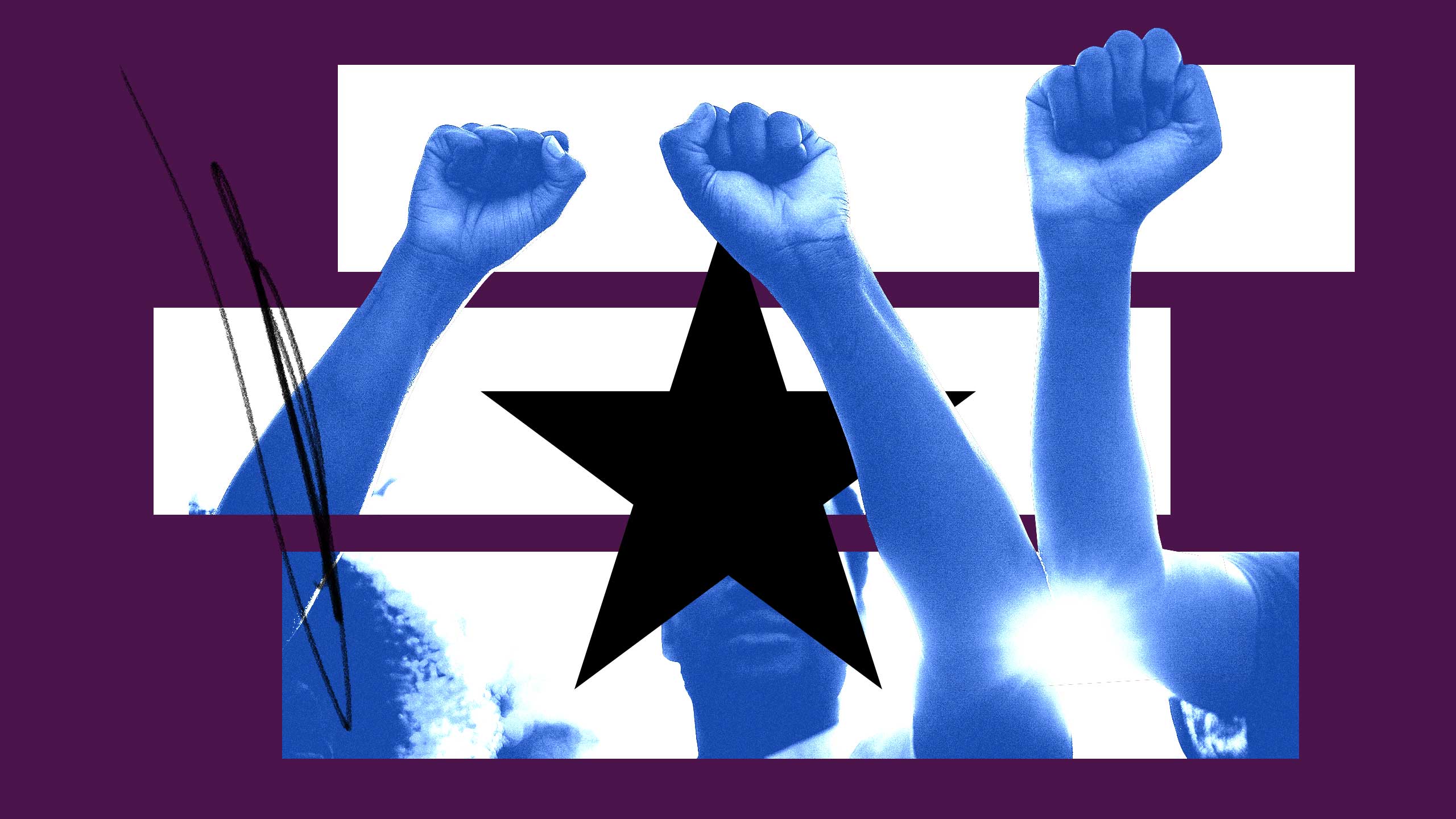

 Why you can trust Xtra
Why you can trust Xtra